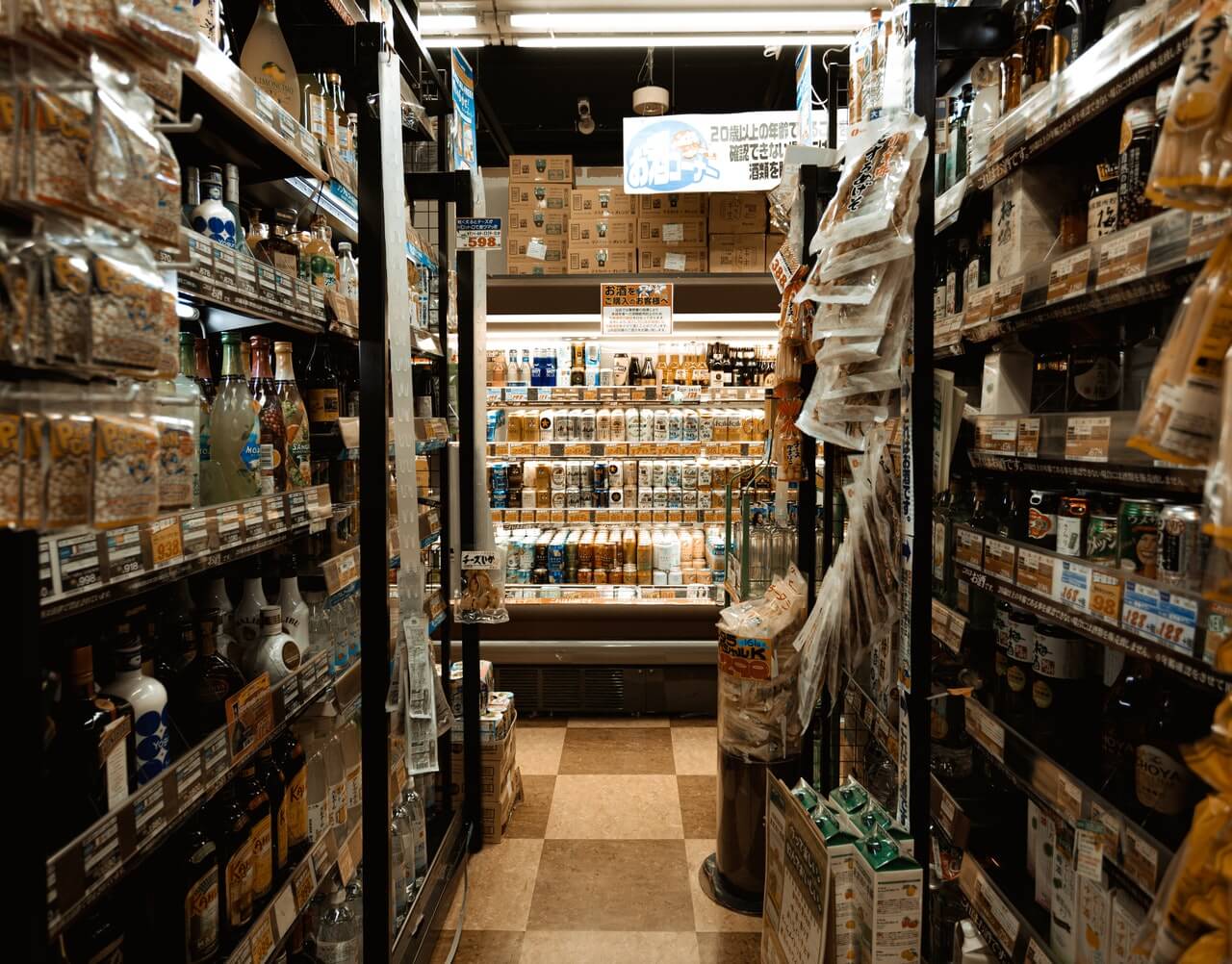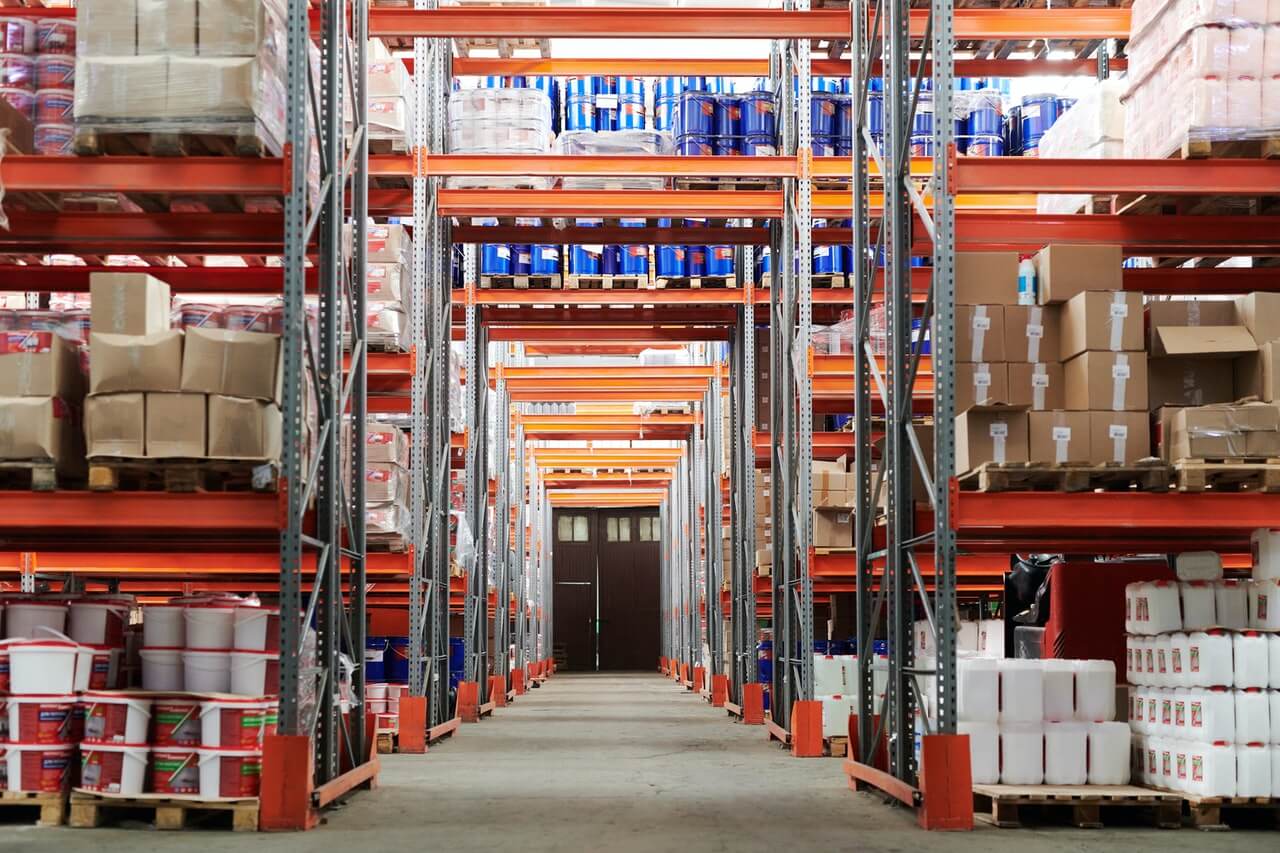Bulk buying is a popular way to save money. However, it’s not for everyone, or for every purchase. How seriously you implement a bulk-buying strategy depends on several things, from the size of your space to your organizational skills. Attitudes about minimalism and preparation factor in, as well! Let’s examine the strategy and its consequences.
Economies of Scale
The theory behind bulk buying is pretty simple: things cost less in bulk. There are many reasons for that, according to people with extensive knowledge of wholesale liquidation. However, most of them fall into the category of “economies of scale.” That phrase refers to money-saving things, or “economies,” that result from the amount of stuff occurring, or the “scale.” For example, imagine that you must drive a truck from point A to point B to deliver and sell widgets. To make a profit, you need to charge your customers for the widgets they buy, as well as for the cost of delivery. So, if a customer buys one widget, you must charge a profitable amount that covers the widget plus delivery. However, if the customer buys several widgets, the math changes. The amount you must charge to cover widget-making costs increases, but the delivery cost remains the same, assuming the truck is large enough to make just one trip. Therefore, the more widgets a customer buys, the cheaper the price per widget is.
Economies of scale work well for big companies like Amazon. However, they’re not as easy for the rest of us to utilize. It’s cheaper per roll to buy 30 rolls of paper towels instead of one, but what will we do with the extras?
Staying Organized
For bulk buyers, the answer is simple: store them! It’s rare to find someone who doesn’t buy extras of something. However, when say serious “bulk buyers,” we mean another level of bulk purchasing. These shoppers maintain storage areas in their homes, often with organized shelving, bins, or airtight preservative storage systems. There, they maintain their own inventory of extra items, to which they can turn whenever they run out of something.

Organization is key to an extensive bulk-buying strategy. Savings are big when you buy in bulk. However, if you forget you have something, and end up with too much of it, you waste. Wasting cuts into your profit. It’s also important to know what you can and cannot store for long periods of time. Perishable foods are often a no-no, but you can store certain perishables longer than others, using methods such as jarring and pickling.. You must keep an eye on the expiration dates on medicines and supplements, though, according to the minds behind the weight loss supplement Hydroxy Elite. When it comes to things you put in your body, it’s critical to understand that producers and manufacturers put expiration dates on their products for a reason!
Despite all this, bulk buying strategy requires organization. You must know what you own, and you must know where you stored it. If this isn’t something on which your partner is keen, be careful about what compromise you make. You may find that, in securing your dream bulk-buying plan, you also assigned yourself sole responsibility for a large task!
On top of that, you need to be aware of the risks of bulk buying, as well as of the aesthetic and lifestyle drawbacks.
Liquidity
Let’s start with the risks. In economics, there’s a concept called “liquidity.” It refers to how easily you can exchange something for its value. Cash is the most liquid thing of all, while things like a house–which often takes time to sell–are “illiquid.” When you have a sudden expense, like a high medical bill, it pays to have some liquid assets around.
Bulk purchases aren’t liquid. You may pay less per roll for your next year’s worth of paper towels. However, you’re paying for the whole year’s worth at once, and you can’t pay a medical bill with paper towels! On the other hand, buying essentials every week instead of all at once is costlier overall, but you keep that cash for longer. You’ll spend more by the end of the year, but perhaps you’ll find that having control of more cash during the year to pay bills or invest makes it worth it.
Storage
It’s also worth remembering that all assets have associated risks. If you buy two years’ worth of essentials and store them in your basement, you’ll save big for the next couple of years–unless your basement floods. If that happens, you’ll be out a great deal of cash, and you must buy much of that stuff again! Your risk of this kind of thing varies, depending on how you maintain your home and your storage space. Foundation repair experts urge homeowners to mind their space, regardless of their bulk buying strategy. Things like basement waterproofing and maintenance are vital to a home’s health, and the cost of postponed repairs dwarfs the losses to your bulk buying stash. You can speak to your homeowner’s or renter’s insurance provider about ensuring that your bulk buying stash is covered. Still, this is a headache that bulk buying sometimes causes.

There’s one more thing worth discussing: the aesthetic and philosophical sides to bulk buying, which seem to be at issue between you and your partner. A serious bulk buying strategy takes up space! We Americans have a habit of using our space up. Despite the fact that American homes are bigger than ever, we’re crowding our space with too much stuff–more than 300,000 individual items per home!
You can rent cheap storage units in many parts of the country, but moving your bulk buying stash into one might make it harder to monitor or gain easy access to what you have. Also, moving other possessions into storage to make space for your bulk purchases may not please your significant other.
What you must consider is a compromise. We laid out the pros and cons of bulk buying for you here, so it’s time to have a detailed discussion with your significant other.With luck, you can determine what you should and should not buy in bulk, how much space you should dedicate to storage, and how much you can save. Good luck!












